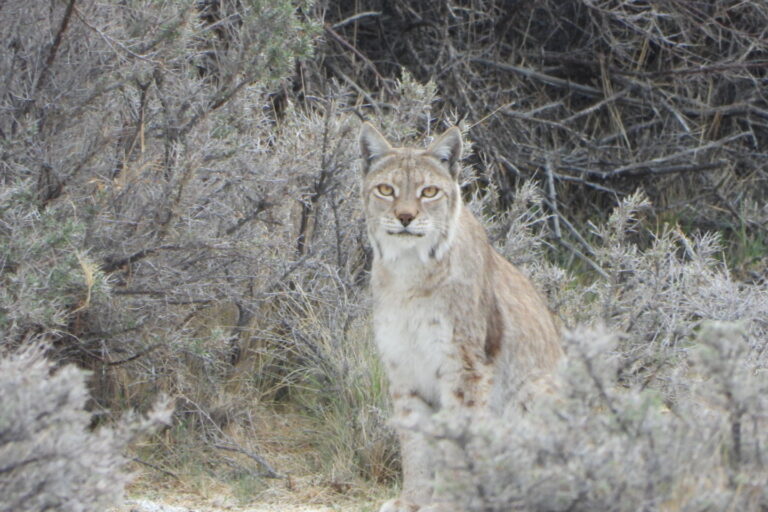This week’s environment and conservation news stories rolled into one.
Subscribe to our YouTube channel to watch the latest high quality, original video stories from nature’s frontline in India.
To receive a weekly email roundup of stories, please sign-up for our newsletter.
A citizen-led initiative contributes to wildlife conservation in Ladakh
The initiative helps the forest department of Ladakh in wildlife rescues, and by reporting instances of rule violations.
Ladakh’s small cats face resource competition, intimidation by free-ranging dogs
Disturbance, disease transmission and hybridisation are other impacts of free ranging dogs on wildlife.
Loss and damage fund gets a “compromised” draft deal going into COP28
The draft proposal makes no mention of how much funding is needed, who the contributors should be, or the eligibility criteria for recipients, instead leaving some of these matters for the Fund’s Board to decide.
Mistaken identity becomes a major threat for India’s small wild cats
Small wild cats in India, often become victims of retaliatory killing or dislocation due to misidentification as more dangerous cats.
Rusty-spotted cat conservation hinges on dedicated research and management plans
The shy and nocturnal rusty-spotted cat, considered the smallest cat species in the world, remains understudied in India.
[Interview] “Favourable conditions and diet important for ex-situ conservation of wild cats”
In this interview, Ajay Kumar, an expert in animal breeding and genetics, shares his experience and insights into ex-situ conservation, especially captive breeding of leopard cats.
According to Kumar, shelter and food are two important factors for leopard cats to ensure they are in a stress-free environment to facilitate successful reproduction.
Horseshoe crab decline sparks urgent conservation plea
Horseshoe crabs are valued for their medicinal properties and are globally recognised as living fossils.
Wayanad’s soured relationship with Senna
Senna has spread across various protected areas in the Western and Eastern Ghats, leading to a decline in native biodiversity.
Harnessing clean energy for Tamil Nadu’s spinning mills is not as easy as it seems
Spinning mill owners call for clear wind & solar policies & subsidies in the state, to ensure a smooth transition to clean energy.









